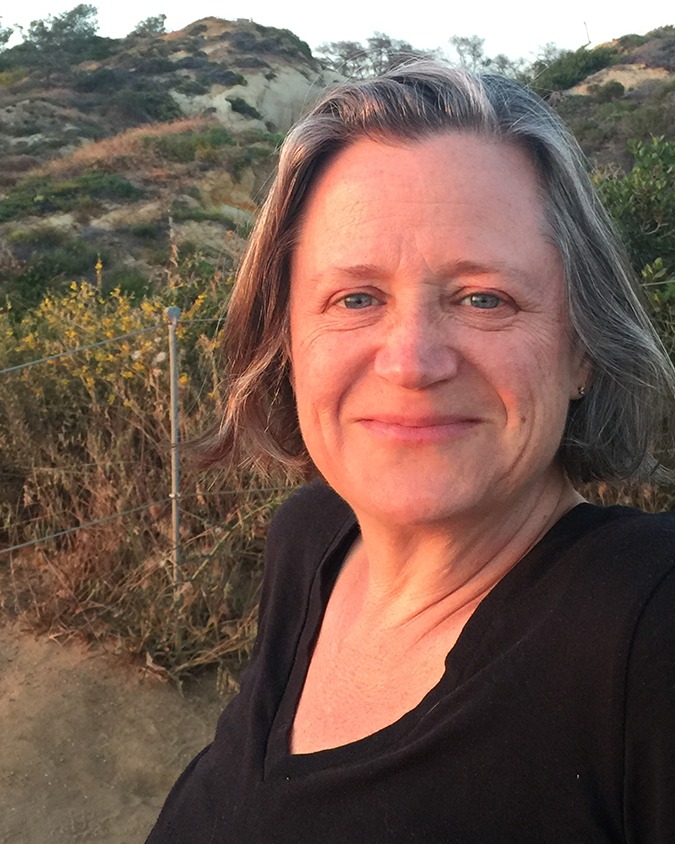Course Feature:
History of Sexuality in Modern U.S.
with Elizabeth Alice Clement
As a devoted and award-winning teacher (seriously, check out her CV), Elizabeth Alice Clement, associate professor of history, created the History of Sexuality in Modern U.S. (HIS 4630/6910 and Gender Studies 4630) to explore how sexuality interacts with other categories of power and oppression like race, class and gender. Below, Professor Clement answers questions about the course, its background and what students will learn by enrolling.
Who is this course for?
This course an upper division “lecture” but it doesn’t have any prerequisites. Students can take it without any background in history or gender studies and I do welcome first years and sophomores who have an interest in the topic.
How did the idea for this course come about?
I got interested in the history of sexuality when I was an undergraduate at Columbia in New York City. The AIDS epidemic was out of control and I worked as an AIDS educator, but it felt like most of society wasn’t paying any attention. As a newly out baby-queer it was terrifying to realize that most Americans didn’t care if we died. Then a bunch of angry people with AIDS founded ACT UP and suddenly there were protests everywhere, and plenty of exciting ways to push for change. I took the interest in sexuality, identity, power and social change into graduate school. My first book was about women, morality and money – everything from courtship to prostitution. My current project is about AIDS in a conservative place (Utah). We’ve created an archive and an oral history project and produced a documentary film, “Quiet Heroes,” that premiered at Sundance and won an Emmy.
When I first started teaching, history of sexuality was a tiny spin-off of women’s and gender history. Now I can’t keep up. I’m most interested in how people think about sexuality, how it interacts with other categories of power and oppression like race, class and gender. Since many people believe that sexuality is fixed, it’s also really interesting to think about how ideas about sexuality and sexual identities have changed over time.
What do you hope students will take away from this course?
I hope students will learn to think critically about sexuality, what it means, and, at times, how it is being used. The most interesting questions of the course revolve around when sexuality itself really is the issue, versus when (as in say lynching) it’s being used to support other categories of power and oppression. In lynching, white people used ideas about sexuality to further white supremacy. So there, sexuality is being “deployed” in the service of racism. But sometimes, as in gay liberation, sexuality is the issue.
Why should students enroll in this course?
One of the reasons I’m a great teacher is that I work so hard with my students to succeed. Because we’re in the humanities, and because everybody needs to know how to write, I spend a lot of time with students working on their writing. There isn’t more writing in my classes than in other upper division humanities courses, but I provide a lot of support for student writing. If you want to work on your writing, this is a great class for you. I’m also super entertaining and bring a whole metaphorical dog and pony show to every class – Images! Music! Podcasts! Documentaries! Bio-mythographies! We analyze it all.

Elizabeth Clement
Assistant Professor (Lecturer), Philosophy
